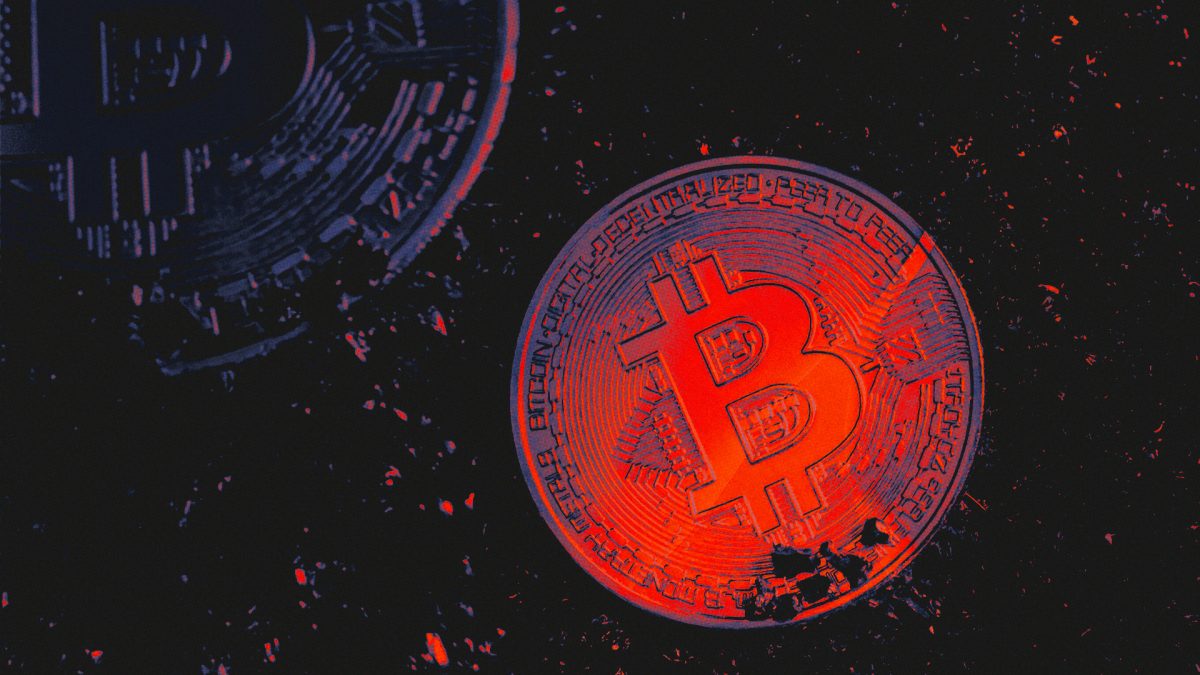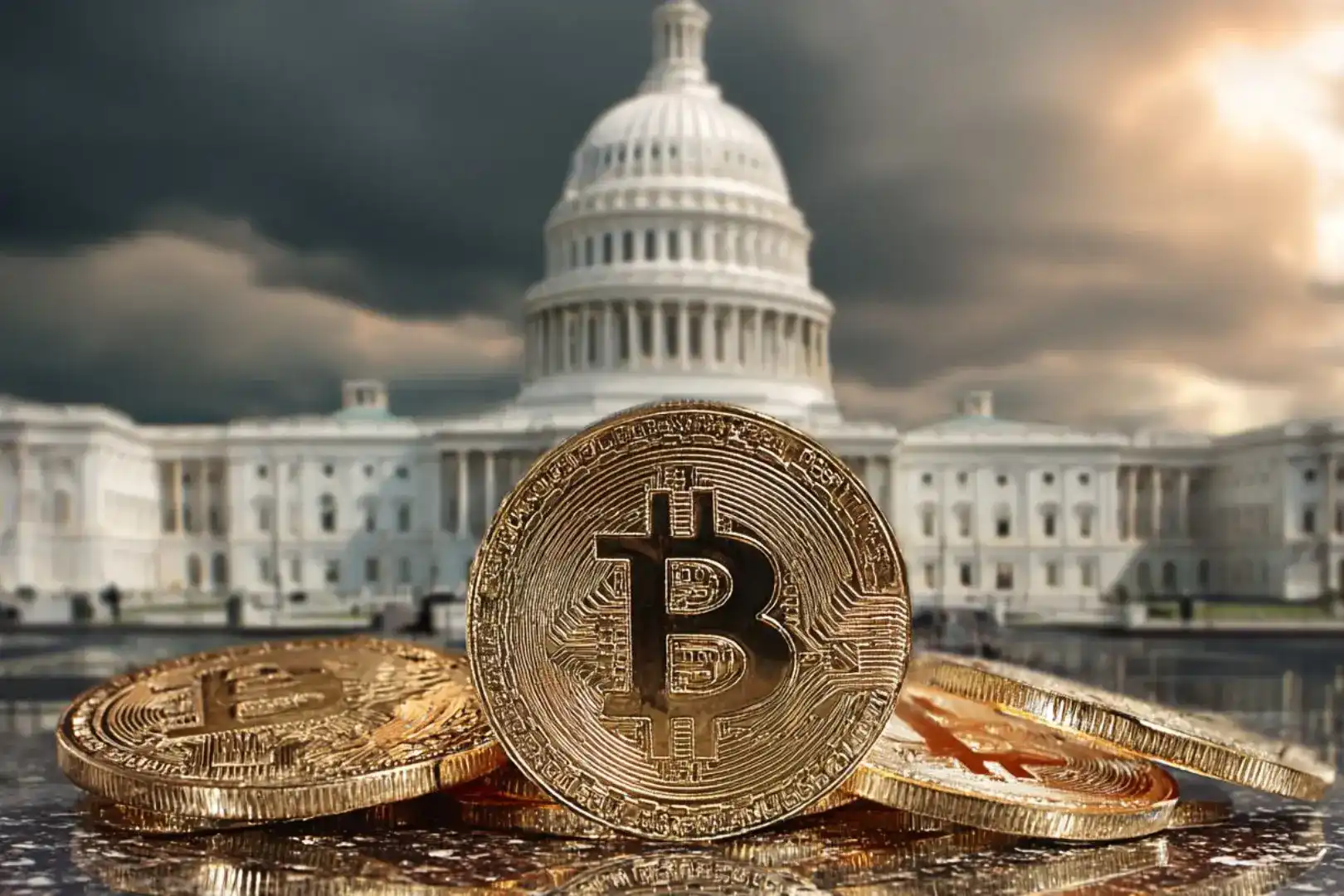Galaxy trims bitcoin year-end target to $120,000 amid whale selling, AI competition and gold demand
Quick Take Galaxy says bitcoin’s “maturity era” has slowed upside momentum as whales offload and ETFs absorb supply. Analysts say fading liquidity and ETF outflows have left the market fragile near the $100,000 support zone.

Bitcoin’s slide below $100,000 this week has prompted Galaxy Digital to cut its 2025 year-end price target to $120,000 from $185,000, with researchers saying the cryptocurrency has entered a "maturity era" dominated by institutional flows and lower volatility.
Alex Thorn, Galaxy’s head of research, wrote that while bitcoin's long-term case "remains structurally sound," the year has been defined by heavy whale distribution, ETF-driven absorption, and waning retail participation.
"If bitcoin can maintain the $100,000 level, the almost three-year bull market will remain structurally intact, though the pace of future gains may be slower," he said.
The downgrade follows one of bitcoin’s steepest pullbacks of the year, as more than $1.3 billion in leveraged positions were liquidated when the price fell from around $107,000 to below $99,000 on Tuesday. Bitcoin has since recovered to trade just above $103,400 on Wednesday, according to The Block’s price page .
Bitcoin (BTC) Price Chart. Source: The Block Price Page
Analysts told The Block the market remains "fragile," with ETF outflows, thinning liquidity, and renewed long-term holder distribution weighing on sentiment.
Galaxy pointed to unprecedented redistribution from long-term wallets — about 470,000 bitcoin worth roughly $50 billion — as early holders sold into institutional demand. The firm said that while this shift marks the "institutionalization of bitcoin supply," it has created persistent resistance near key levels.
Capital flows elsewhere
Beyond the structural shifts, Galaxy said bitcoin's performance this year has also been constrained by capital rotation into other dominant investment narratives, particularly artificial intelligence and gold.
The AI buildout and hyperscaler boom have attracted record inflows as investors chase the data-center trade , while gold’s resurgence as a geopolitical hedge has drawn safe-haven demand that might otherwise flow into bitcoin. Thorn wrote that in a liquidity-rich environment, "attention is finite," and 2025 simply wasn't bitcoin's "hot trade" year compared with AI or the so-called Magnificent Seven equities.
The Oct. 10 leverage wipeout that erased 35% of crypto futures open interest also continues to dampen confidence.
"Fear-driven sentiment and heavy selling from long-term holders have compounded the weakness," said K33 Research’s Vetle Lunde, who described bitcoin’s current phase as a " crucial inflection point " following the crash. Still, he expects selling pressure to ease and sees "conditions aligning for a potential bullish reversal once risk appetite returns."
Onchain analytics firm CryptoQuant offered a starker view. Head of research Julio Moreno said bitcoin could fall to around $72,000 within one to two months if it fails to hold the $100,000 support level, citing "contracting spot demand" and "negative ETF flows" since the October liquidation event.
Disclaimer: The content of this article solely reflects the author's opinion and does not represent the platform in any capacity. This article is not intended to serve as a reference for making investment decisions.
You may also like
A $500 billion valuation giant is emerging
With a valuation comparable to OpenAI and surpassing SpaceX and ByteDance, Tether has attracted significant attention.

Prediction markets meet Tinder: Can you place bets on Warden's new product by simply swiping left or right?
No need for chart analysis, macro research, or even inputting the amount of funds.

Why does bitcoin only rise when the U.S. government reopens?
The US government shutdown has entered its 36th day, leading to a decline in global financial markets. The shutdown has prevented funds from being released from the Treasury General Account (TGA), draining market liquidity and triggering a liquidity crisis. Interbank lending rates have soared, while default rates on commercial real estate and auto loans have risen, increasing systemic risk. The market is divided over future trends: pessimists believe the liquidity shock will persist, while optimists expect a liquidity release after the shutdown ends. Summary generated by Mars AI. The accuracy and completeness of this summary are still being improved as the Mars AI model is updated.

Jensen Huang predicts: China will surpass the United States in the AI race
Nvidia CEO Jensen Huang stated bluntly that, thanks to advantages in electricity prices and regulation, China will win the AI race. He added that overly cautious and conservative regulation in Western countries such as the UK and the US will "hold them back."
